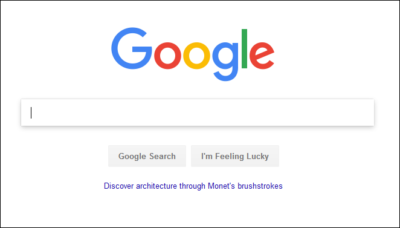Back in the day, when a piece of news went public – no matter if it was good or bad news – people have been discussing them everywhere. They were talking about the news while standing in line at the grocery store, while having a cold one at the local pub or while waiting for their turn at the barbershop.
 Today, in turn, the news is no longer discussed at the pub or at grocery stores but online, on social networks. But people often seem reluctant to express their true opinions even through these channels, considering that they are completely public and accessible – in short, they don’t confide in them, and they shy away from confiding in their online friends, too.
Today, in turn, the news is no longer discussed at the pub or at grocery stores but online, on social networks. But people often seem reluctant to express their true opinions even through these channels, considering that they are completely public and accessible – in short, they don’t confide in them, and they shy away from confiding in their online friends, too.
But there is one tool that they have a complete confidence in – their friendly neighborhood search engine.
Google searches (we’ll just refer to the biggest search engine out there to make it easier) can reflect the hopes and fears of people better than any poll or survey could. In April 2017, for example, World War 3 searches hit an all-time high as a result of the mounting tension between US President Donald Trump and his North Korean counterpart Kim Jong-un.
A look at the Google search trends at the time shows that the political tensions between the US and North Korea didn’t only cause a spike in searches related to war in general but also led to an unprecedented rise in searches concerned of a potential World War breaking out.
Google collects enormous quantities of data about people each day, and most of this data isn’t linked to any identifiable person – it flows into the massive databases of the search giant revealing patterns – habits, opinions, biases, and everything from pet peeves to major annoyances.
This information, when correlated with the daily events, can help assess the attitudes and reactions of people to pretty much anything happening around us and can help identify and release tensions and decisionmakers to find the best course of action and act through the almighty media.
One of the best examples of such actions based on information happened in 2015, soon after the San Bernardino shootings. Back then, the Google searches of Americans, especially those living in California, reflected a strong anti-Muslim sentiment.
A speech given by then-President Barack Obama calling for tolerance and understanding seemed to fuel the fire even further. But, as the information compiled by data scientist Seth Stephens‑Davidowitz reveals, a later speech given by Obama, this time appealing to the people’s curiosity rather than calling for tolerance – it has led to a massive drop in anti-Muslim searches and the growth of ones like “athletes” and “soldiers”.
While people don’t always express their true opinions while talking face to face or on social networks, their Google searches always reflect their inner self and genuine curiosity. And this can lead to a better understanding of the reactions of the masses to current events – and better ways of communication in times of need.
Leave a Comment
COMMENTS POLICY: We have no tolerance for messages of violence, racism, vulgarity, obscenity or other such discourteous behavior. Thank you for contributing to a respectful and useful online dialogue.